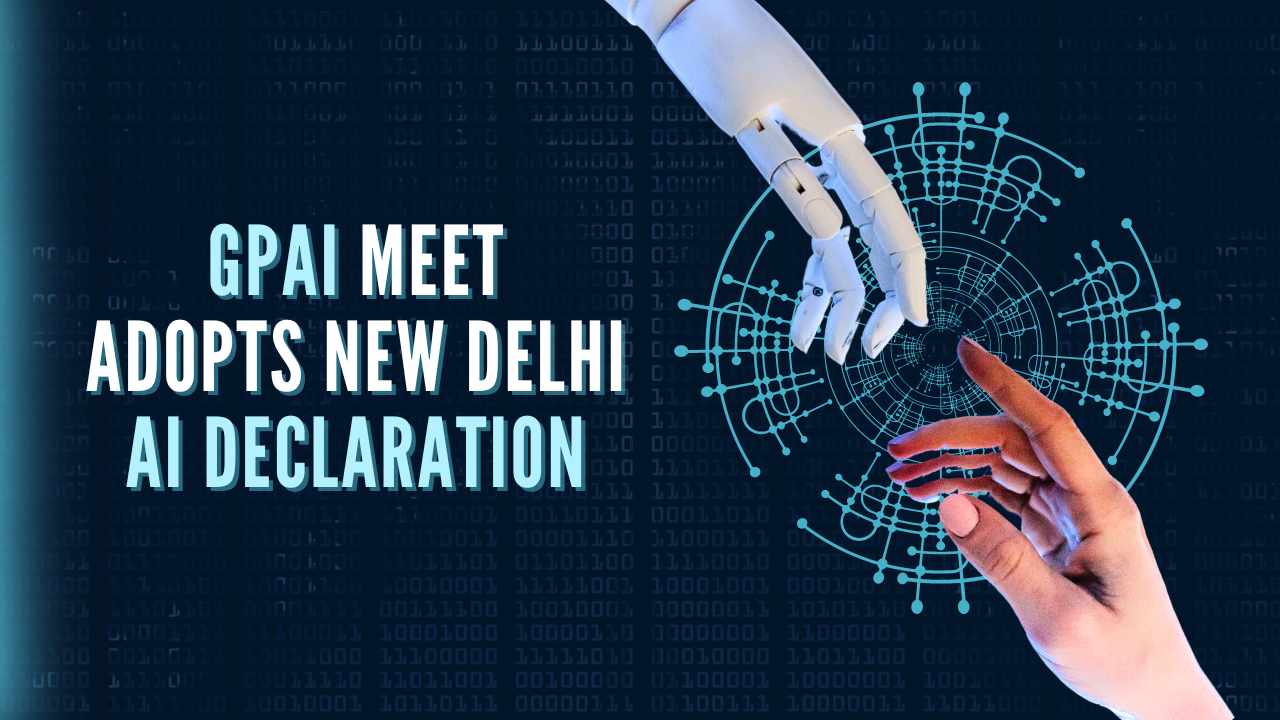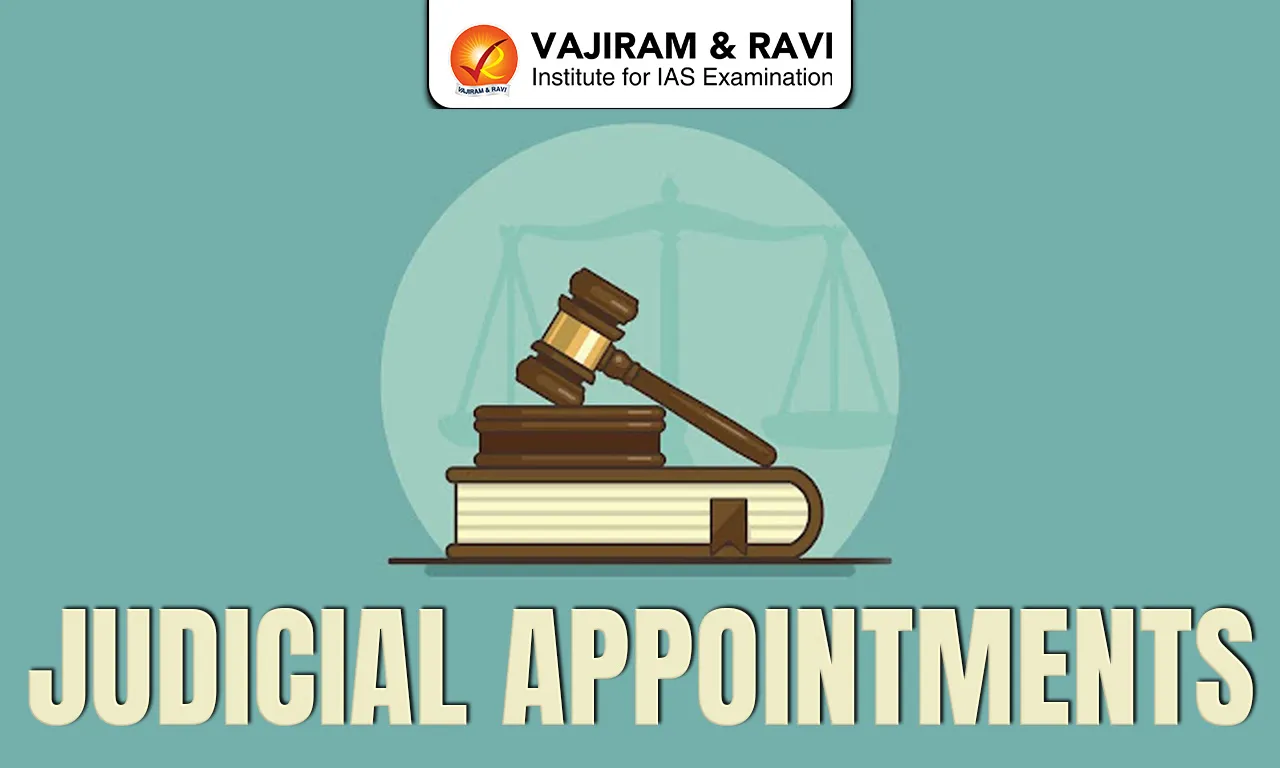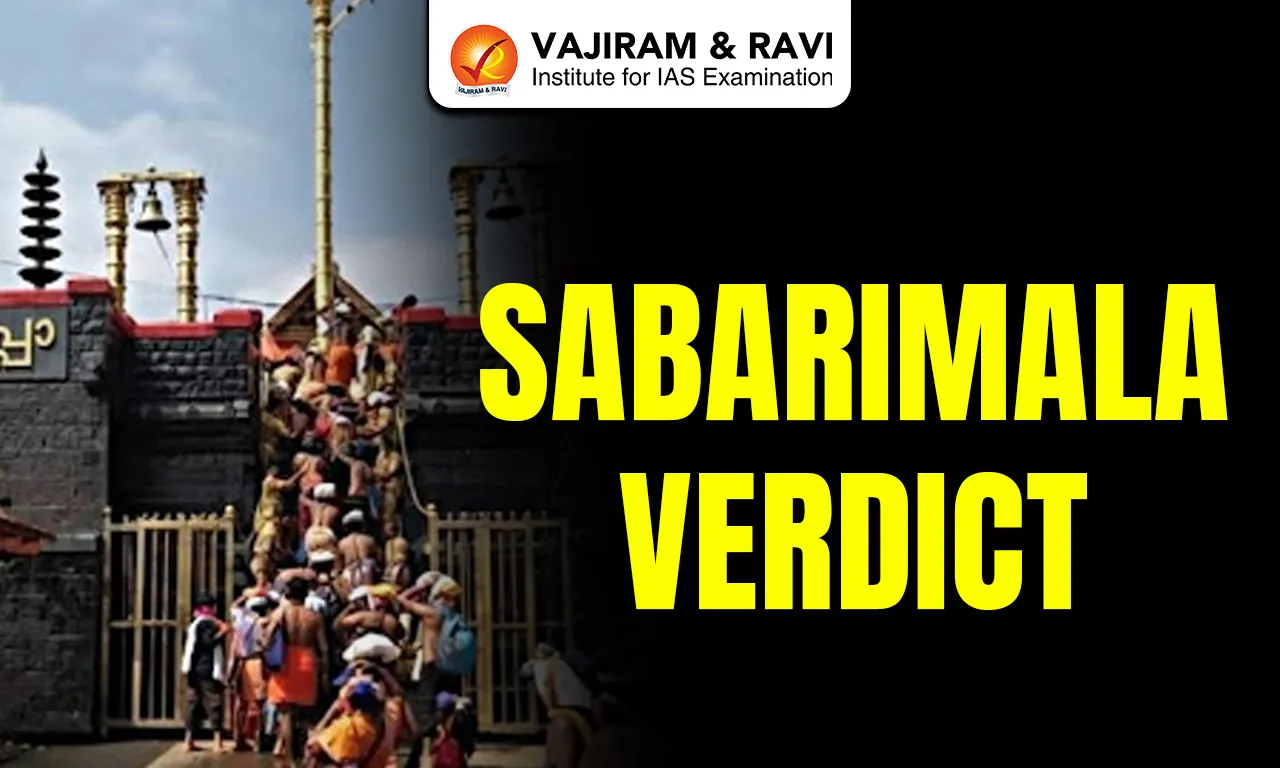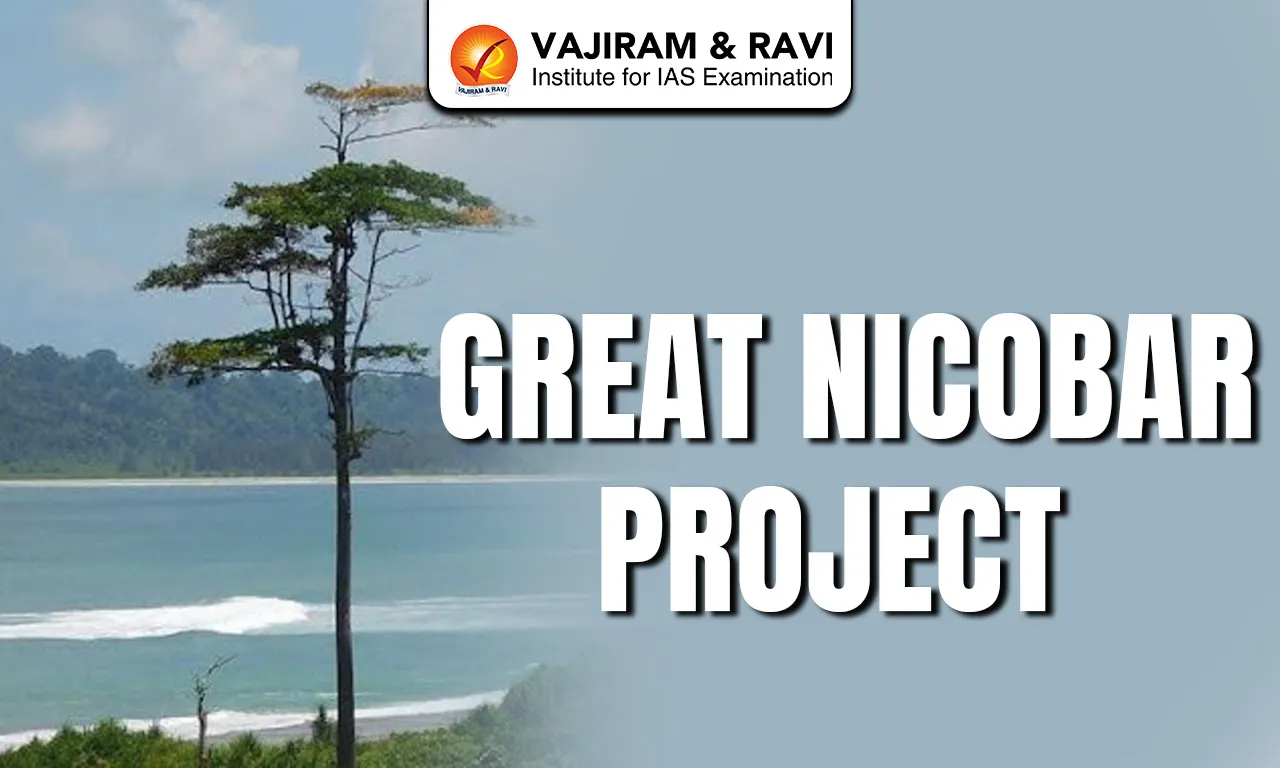What’s in Today’s Article?
- Why in News?
- Highlights of the GPAI New Delhi Declaration on AI
- How does the New Delhi Declaration Contrast with the Bletchley Declaration?
- India’s Position on the Regulation of AI
- What led to the Change in India’s Position on Regulating AI?
Why in News?
- The Global Partnership on Artificial Intelligence (GPAI) Summit 2023 (New Delhi) has unanimously adopted the New Delhi declaration, attempting to find a balance between innovation and the risks associated with AI systems.
- The declaration stands out as a contrast from the agreement signed at the United Kingdom AI Safety Summit, where countries had committed to first tackle the risks emanating from AI systems.
Highlights of the GPAI New Delhi Declaration on AI
- The declaration underscored –
- The need to mitigate risks arising from the development and deployment of AI systems and
- Promote equitable access to critical resources for AI innovation, including computing and high-quality diverse datasets.
- It has attempted to find a balance between innovation and the risks associated with AI systems.
- The declaration recognises the rapid pace of improvement in advanced AI systems and their potential to generate economic growth, innovation and jobs across various sectors as well as to benefit societies.
- While it is generally optimistic about the economic gains that AI can offer, it also raises concerns about justice, privacy, and intellectual property rights that must be addressed.
- The declaration said that a global framework for use of AI should be rooted in
- Democratic values and human rights;
- Safeguarding dignity and well-being;
- Ensuring personal data protection;
- The protection of applicable intellectual property rights,
- Privacy and security;
- Fostering innovation; and
- Promoting trustworthy, responsible, sustainable and human-centred use of AI.
- The declaration also agreed to support AI innovation in the agriculture sector as a new “thematic priority”.
- It said that the GPAI will pursue a diverse membership, with a particular focus on low- and middle-income countries to
- Ensure a broad range of expertise,
- National and regional views, and
- Experiences based on shared values.
How does the New Delhi Declaration Contrast with the Bletchley Declaration?
- The GPAI New Delhi declaration:
- The essence of the declaration: AI is inherently good and is a catalyst for economic growth, but some harms need to be mitigated along the way.
- Thus, it addresses the need to tackle AI-related risks, at the same time it largely supports innovation in the technology in various sectors, including agriculture and healthcare.
- The UK AI Safety Summit declaration:
- It puts security and safety risks related to AI in the centre of the discussions and says that global action is needed to tackle the potential risks of AI.
- It noted the potential for catastrophic harm (deliberate or unintentional) stemming from the most significant capabilities of these AI models, as well as risks beyond frontier AI.
- “Frontier AI” is defined as highly capable foundation generative AI models that could possess dangerous capabilities that can pose severe risks to public safety.
India’s Position on the Regulation of AI
- Even as India looks to unlock the potential economic benefits of AI systems, its own thinking on AI regulation has undergone a significant change –
- From not considering any legal intervention on regulating AI in the country (few months ago),
- To now moving in the direction of actively formulating regulations based on a “risk-based, user-harm” approach.
- At the GPAI Summit 2023, the Indian PM flagged the dual potential of AI –
- While it can be 21st century’s biggest development tool,
- It can also potentially play a very destructive role and call for a global framework that will provide guardrails and ensure its responsible use.
What led to the Change in India’s Position on Regulating AI?
- After deepfakes of a number of popular personalities got mainstream traction, the IT Ministry began to talk of a concrete legislative step to tackle AI-based misinformation.
- Part of this shift was also reflected in a new consultation paper floated by the telecommunications regulator Telecom Regulatory Authority of India (TRAI).
- It said that the Centre should set up a domestic statutory authority to regulate AI in India through the lens of a “risk-based framework”.
- The paper had also called for collaborations with international agencies and governments of other countries to form a global agency for the “responsible use” of AI.
Q1) What is the AI Safety Summit?
The AI Safety Summit was an international conference discussing the safety and regulation of AI. It was held at Bletchley Park, Milton Keynes, UK, in (Nov) 2023. It was the first ever global summit on AI, and is planned to become a recurring event.
Q2) What is the Global Partnership on Artificial Intelligence (GPAI)?
GPAI is an international initiative (including 29 member countries) established in 2020 to guide the responsible development and use of AI in a manner that respects human rights and the shared democratic values of its members.
Source: Innovation or safety? How Delhi declaration found middle path between promotion and regulation of AI
Last updated on February, 2026
→ UPSC Notification 2026 is now out on the official website at upsconline.nic.in.
→ UPSC IFoS Notification 2026 is now out on the official website at upsconline.nic.in.
→ UPSC Calendar 2026 has been released.
→ Check out the latest UPSC Syllabus 2026 here.
→ Join Vajiram & Ravi’s Interview Guidance Programme for expert help to crack your final UPSC stage.
→ UPSC Mains Result 2025 is now out.
→ UPSC Prelims 2026 will be conducted on 24th May, 2026 & UPSC Mains 2026 will be conducted on 21st August 2026.
→ The UPSC Selection Process is of 3 stages-Prelims, Mains and Interview.
→ Prepare effectively with Vajiram & Ravi’s UPSC Prelims Test Series 2026 featuring full-length mock tests, detailed solutions, and performance analysis.
→ Enroll in Vajiram & Ravi’s UPSC Mains Test Series 2026 for structured answer writing practice, expert evaluation, and exam-oriented feedback.
→ Join Vajiram & Ravi’s Best UPSC Mentorship Program for personalized guidance, strategy planning, and one-to-one support from experienced mentors.
→ UPSC Result 2024 is released with latest UPSC Marksheet 2024. Check Now!
→ UPSC Toppers List 2024 is released now. Shakti Dubey is UPSC AIR 1 2024 Topper.
→ Also check Best UPSC Coaching in India




















